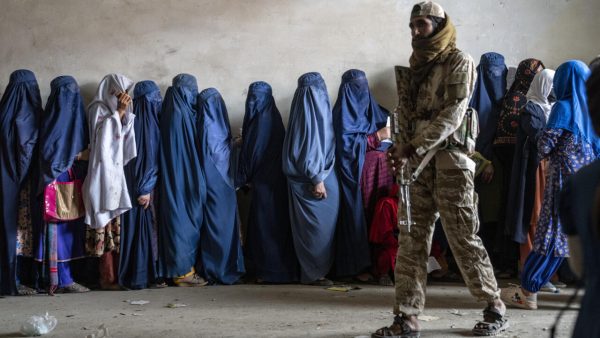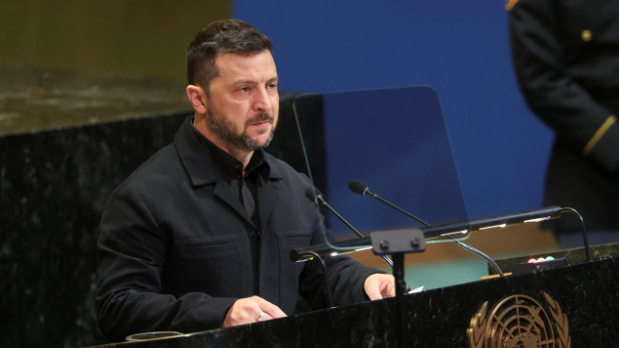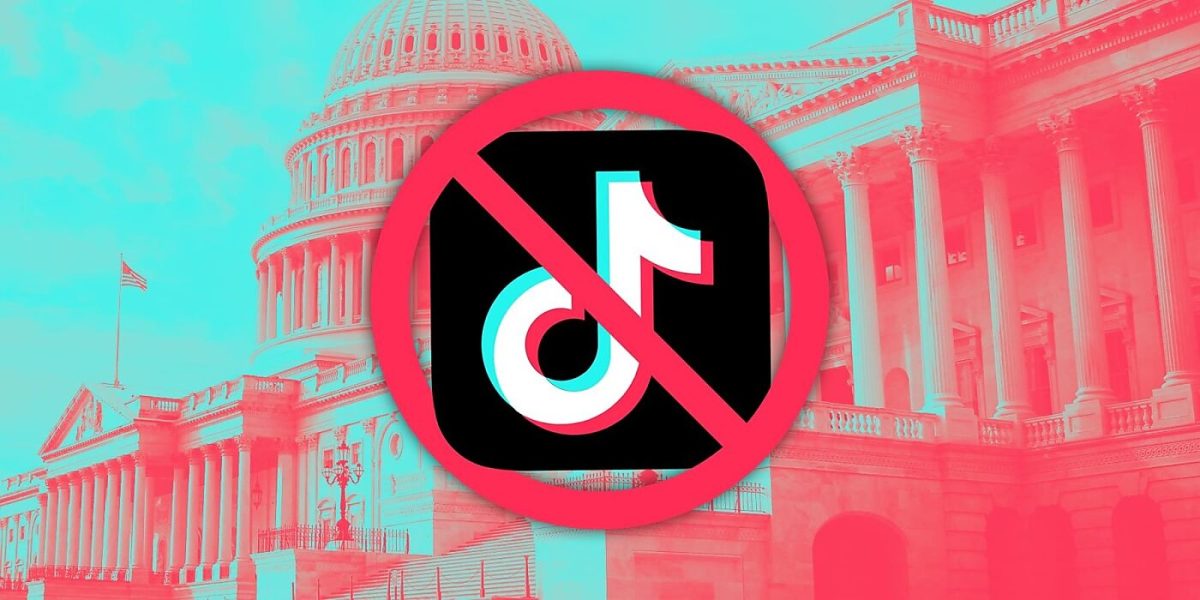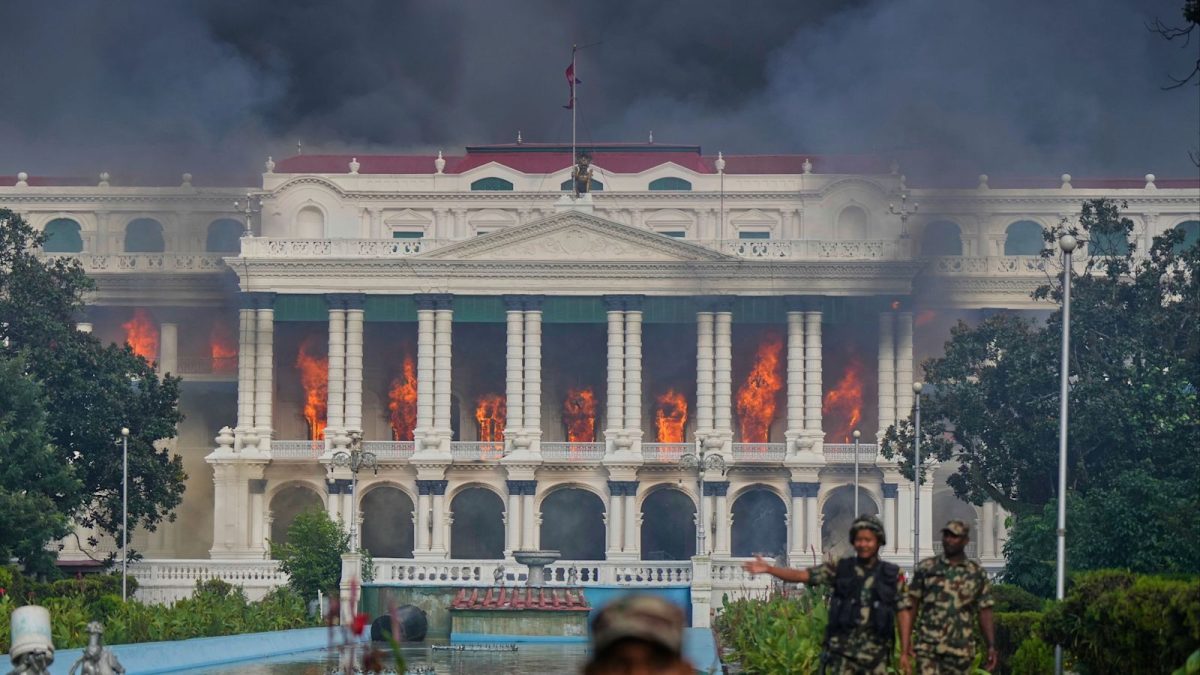¨If we can´t speak, why live?¨, an Afghan woman named Shebana responds to the Taliban ban preventing women from speaking out in public. Since the Taliban took over Afghanistan, Afghan women have been systemically stripped of their rights. Shebana and many other teenage girls in Afghanistan should have graduated high school by now. Yet, formal education for girls has been banned for 3 years now. Following this, a new Taliban law was put into place: the ban on women´s voices in public. Under the Taliban´s control, women are denied their basic rights to freedom of expression, work, liberty, and education. This crisis is not discussed enough.
The Taliban´s Propagation of Virtue and Prevention of Vice Ministry has abused its power, by enforcing a strict and harmful code of conduct that citizens must abide by. From the loss of their freedom of movement, forced marriages, and strict dress codes that enforce the coverage of women from head to toe to not having protection from violence. These laws blatantly disregard women´s rights.
“Inshallah, we assure you that this Islamic law will be of great help in the promotion of virtue and the elimination of vice,” said ministry spokesman Maulvi Abdul Ghafar Farooq, defending the new Taliban laws set in place.
As a result, Afghan women live in constant fear, refraining from speaking or walking in public to avoid the police. They are forced to abide by these oppressive laws–covering themselves in loose burqas that conceal all but their eyes.
As a response to these restrictive laws forbidding Afghan women from using their voices and showing their faces and bodies outside of their homes, Taliban women turned to social media to protest, singing for their freedom– “Let’s become one voice, let’s walk together holding hands and become free of this cruelty”— are the words of their songs. Of course, their names and identities remain hidden. Various news outlets have been able to interview some Afghan women, protecting their identities by using first names only.
More recently reported this Monday at the meeting of the Taliban health ministry, the Taliban has banned Afghan women from taking nursing and midwife courses, posing critical healthcare issues for women.
“In a country like Afghanistan, where people are bound to traditional and cultural practices, women in most parts of the country are not allowed to be checked or treated by a male doctor, Samira Hamidi, an Afghan activist, says. To build on this, according to the United Nations Reproductive Health Agency, Afghanistan requires an increase in 18,000 skilled nurses and midwives to obtain care for Afghan women.”
Uprisings to enforcements like these have been violently put down, resulting in the abuse and torture of protestors in custody, such as Nausheen, an activist who marched on the streets of Kabul demanding her rights. However, Afghan women have found ways to skirt the Taliban´s bans.
Today, Afghan networks of women, as well as the Ideas Beyond Borders organization, are working to defy the Taliban restrictions on women and girls’ education by creating underground schools in Afghanistan to ensure that girls obtain the education they need. Thirsty for education and revolt, little girls were sent with books in grocery bags and dressed in clothes for boys, sent to an underground secret school hidden from the outside world. These basements have become an escape for young girls, where learning environments are fostered in a country that shuns women’s education. These secret basements hold around 30-50 young girls huddled in a tiny room– English, math, and science being their glimmer of hope amid fear. These secret schools need funding, and visiting this organization link will allow you to stand with girls in Afghanistan through donations.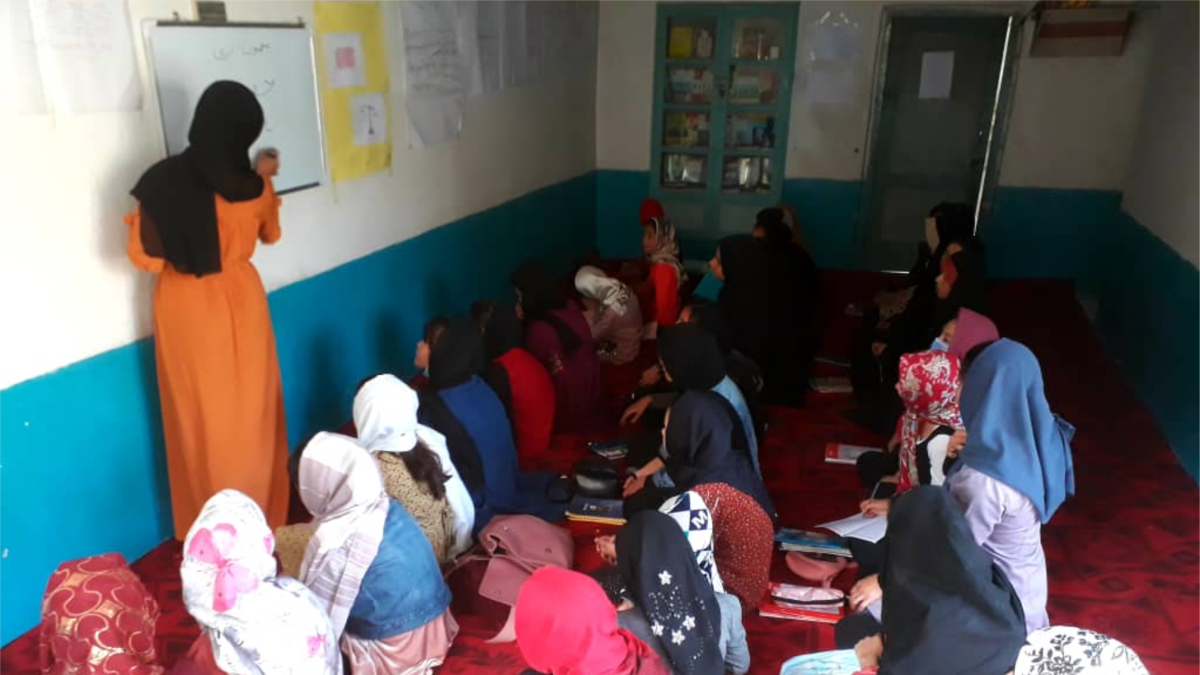
As young girls who understand the value of education and the importance of our rights, we must all support one another.

